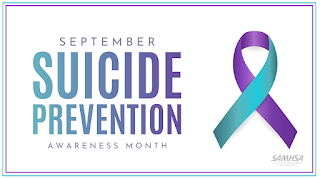Getting to Know Us*
Some personnel changes occur each year, and you may have yet to meet the school psychologist assigned to your school. We would like to take this opportunity to update you on the many roles the school psychologist plays in the WS/FCS. As part of student services, our vision is to provide comprehensive services to enhance the quality of education for all children. We are committed to improving educational outcomes through problem solving, prevention, intervention, and collaboration with others.
School psychologists have training in
various aspects of the field of education in addition to psychology.
Our graduate level training programs prepare us for unique
opportunities to work collaboratively with school personnel, parents
and community agencies.
Each member of the Psychological
Services Department has areas of background knowledge and expertise
that enhance the department as a whole. Our roles include, but are
not limited to, serving on the Intervention Support Teams (IST),
providing school/community based presentations, being available on a
consultative basis, assessing student functioning in various areas,
writing psychological reports, directly and indirectly intervening
with students with academic and behavior skills, and serving on
various departmental committees to enhance our understanding of
important school related issues and promote programs, research, and
strategies that will impact student achievement.
Our psychologists serve on department
committees to help develop district wide guidelines such as for
assessing students with autism, behavioral or emotional difficulties,
and those learning English as a second language. We have
psychologists on staff that specialize in preschool assessment,assessment of limited English learners, and several psychologists who conduct risk
assessments and who aid in crisis intervention. Several psychologists
have specific training in observing and assessing students with
traumatic brain injuries. Look for future posts for updates on what
our colleagues are doing for our schools.
*Information from this post originally appeared in PsychSpeak, Sept, 2010.




Comments
Post a Comment